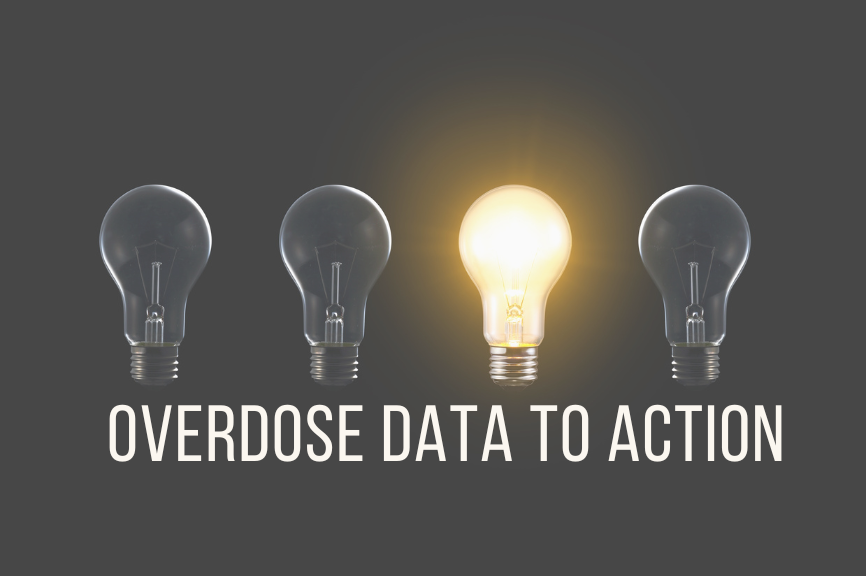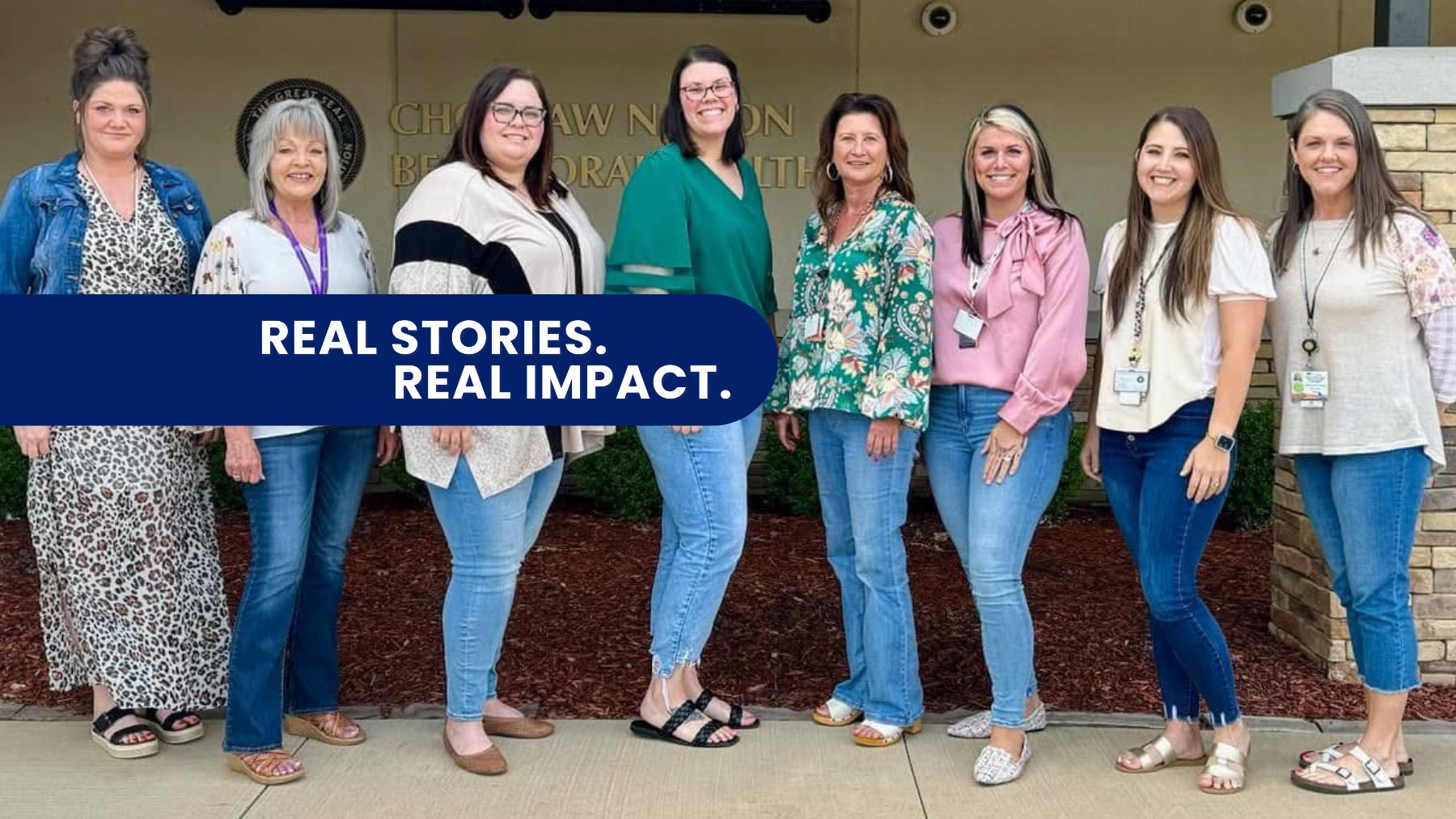Our Blog.
Explore our blog for the latest market trends and insights, inspiring stories in our ‘Real Stories. Real Impact.’ series featuring professionals in behavioral health, and the ‘Recovery Heroes‘ series celebrating those we collectively serve.
-

Rethinking Addiction: Why Digital Technology is Essential to Solving America’s $740 Billion Crisis
July 14, 2025
Addictions of all types affect millions of people across the United States. No demographic is spared, leaving a devastating impact on individuals, families, and communities. Addiction is extremely common, but often poorly understood. Whether substance- or behavior-related, addictions share similarities…
-

Cutting Through the Noise: A Strategic Guide to Selecting Digital SUD Solutions That Actually Work
July 13, 2025
Substance use disorder (SUD) treatment, like many areas of healthcare, is experiencing rapid growth in the number of vendors offering digital technology solutions to support people in recovery and the healthcare professionals who serve them. Health plans, healthcare providers, and…
-

Mobile App Boosts Effectiveness of Continuing Recovery Care, Study Shows
July 9, 2025
A 2022 research study reveals that smartphone apps designed to provide continuing care to people recovering from alcohol use disorder (AUD), used independently or alongside telephone monitoring and counseling, can dramatically improve positive outcomes, serving as a powerful ally in…
-

Closing the SUD Screening Gap with Education & Digital Solutions
May 22, 2025
Our relationship with substances dates back centuries. Many substances—opium, cannabis, cocaine, and alcohol—began as medicinal and religious tools before evolving into recreational use, overconsumption, and dependence. Today, about 18 million Americans have reported symptoms of marijuana use disorder. Excessive alcohol…
-

Isolation Crisis: Breaking the Cycle of SUD and Loneliness
May 9, 2025
Although we are more connected than ever in today’s digital world, many people still struggle with feeling alone. Loneliness, now considered a widespread social issue, has profound implications for mental health and addiction. The U.S. Surgeon General, Vivek Murthy, issued…
-

Messaging Matters: The Key to Effective Substance Use Prevention Campaigns
May 2, 2025
Lacey Callahan blends lived experience and innovation to combat substance use in Choctaw Nation through connection and community care.
-

Improving Criminal Justice Outcomes Using Digital Tools and the Sequential Intercept Model
May 2, 2025
Learn how digital tools throughout the SIM can save money while delivering improved outcomes.
-

Utilizing OD2A Grants to Address the Overdose Crisis
April 25, 2025
In the United States, about 300 lives are lost to drugs daily, highlighting the urgent need for effective intervention strategies. The CDC’s Overdose Data to Action (OD2A) program offers critical funding for state and county health departments to improve their…
-

Connections App Enhancements Boost Patient Access and Engagement, plus Provider Insights
April 16, 2025
The Connections app, part of the eRecovery Solution, has been enhanced to improve user experience and support recovery journeys. The updated app features a refreshed Calendar where users can view and add CHESS Health-led meetings, provider appointments, alumni events, medication…
-

Mining Social Determinants of Health to Decode the Substance Use Disorder Crisis
February 24, 2025
Recognizing the complexities of individual needs in our diverse communities is essential for effective health equity with the result of improved health outcomes and reducing the onset and impact of SUD. To address these complexities, we must understand the multifaceted…
-

Health Plans Leverage Digital Tools to Enhance Maternal Health
February 19, 2025
CHESS Health has partnered with a health plan organization to launch a program dedicated to supporting women aged 18 to 40 who are experiencing substance use disorder (SUD). The program addresses the critical issue of neonatal abstinence syndrome (NAS) and…

